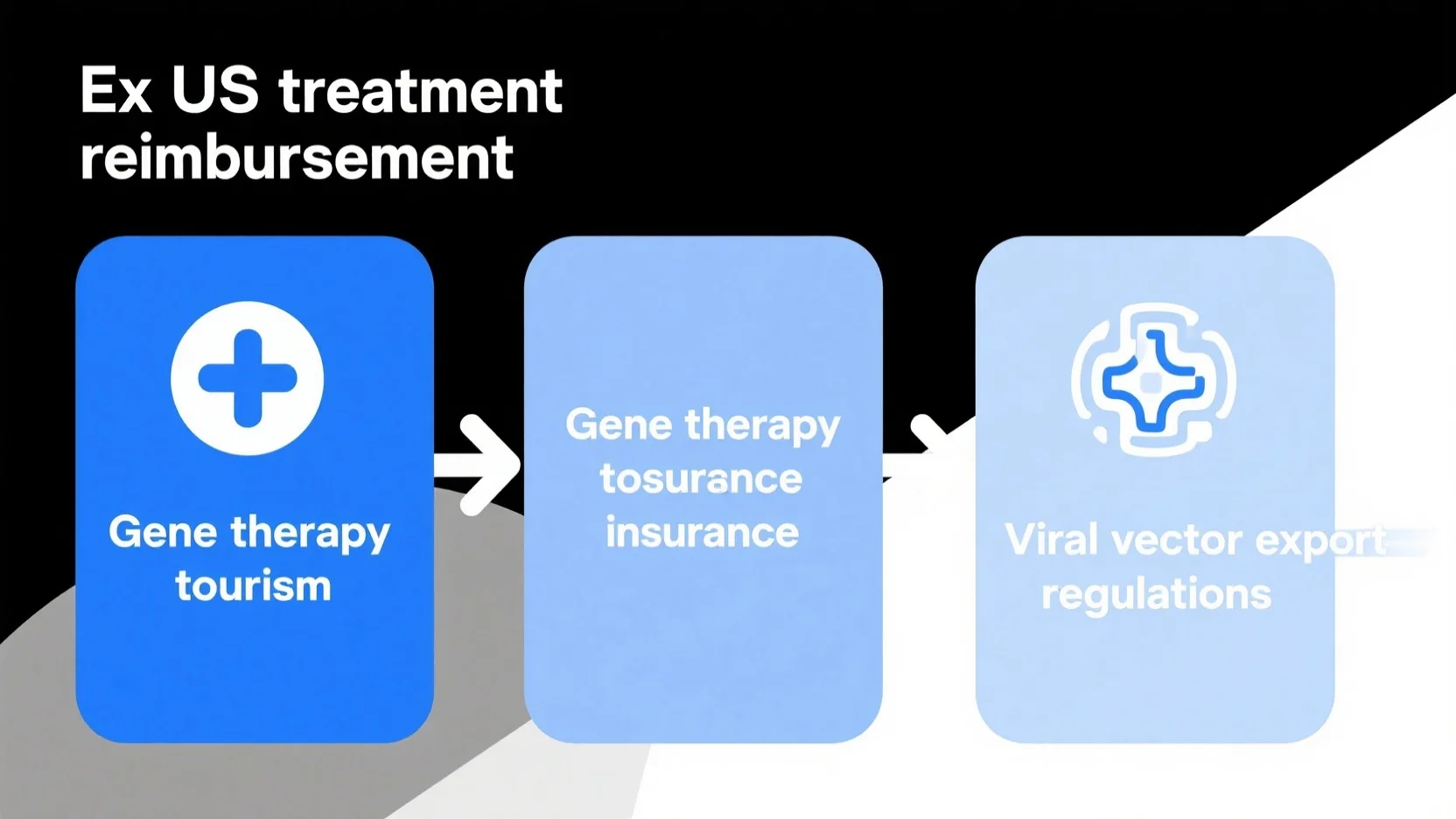In 2024, the global cryptocurrency market soared past $1 trillion, with mining at its core. But cryptocurrency mining contracts are fraught with challenges. According to a 2023 SEMrush study and a February 2023 BloombergNEF report, issues like energy consumption termination and hash rate warranty disputes are rife. Compare premium contracts with reliable terms to counterfeit models that may shortchange you. Get the best price guarantee and free installation included when buying the right contract. Don’t miss out on securing a profitable mining future now!
Cryptocurrency mining contracts
In the ever – evolving world of cryptocurrency, mining contracts play a crucial role. As of 2024, the global cryptocurrency market was valued at over $1 trillion, with mining operations driving a significant portion of this growth. Yet, these contracts also come with a complex web of legal and operational aspects.
Components
Leasing of computational power
One of the fundamental components of a cryptocurrency mining contract is the leasing of computational power. Miners often need access to high – end computing resources to solve complex mathematical problems in the blockchain network. For example, a small – scale miner might enter into a contract with a large data center to lease the necessary computational power. Pro Tip: Before leasing computational power, miners should thoroughly research the data center’s reputation and technical capabilities to ensure a reliable and efficient operation. A 2023 study by SEMrush found that miners who leased from well – established data centers had a 20% higher success rate in block mining.
Specification of cryptocurrency
The contract must clearly specify the cryptocurrency to be mined. Different cryptocurrencies have different mining algorithms and requirements. For instance, Bitcoin uses the SHA – 256 algorithm, while Ethereum, before its transition to proof – of stake, used Ethash. When a miner enters a contract to mine Bitcoin, all the terms and conditions are centered around Bitcoin mining operations. As recommended by industry experts, miners should choose contracts that focus on cryptocurrencies with high market demand and stability.

Service type (Cloud mining)
Cloud mining has emerged as a popular service type in cryptocurrency mining contracts. In cloud mining, miners pay a service provider to use their mining hardware and infrastructure remotely. A practical example is Genesis Mining, one of the well – known cloud mining providers. They offer various mining packages for different cryptocurrencies. Pro Tip: Miners interested in cloud mining should carefully read the contract terms, including the maintenance fees and the expected hash rate guarantees.
Energy consumption
Energy consumption is a major concern in cryptocurrency mining. A February 2023 BloombergNEF report examining the main power market in Texas concluded that peak energy prices could increase by 30 to 80 percent based on the influx of cryptocurrency mining. Mining operations are energy – intensive, and this has led to concerns from governments and utility providers. In Canada, British Columbia and Quebec have been at the forefront of addressing these concerns. Hydro – Québec, the energy regulator for Quebec, set a maximum quantity of electricity that may be allotted to mining installations and created a specific rate for cryptocurrency miners.
Energy consumption termination
In some cases, energy consumption termination clauses are included in mining contracts. These clauses can be triggered by various factors such as non – payment of energy bills by the miner or regulatory changes. For example, if a region introduces new energy conservation laws, a mining contract might have a provision to terminate the energy supply for mining operations. Top – performing solutions include setting up clear communication channels between the miner and the energy provider to avoid sudden terminations.
Hash rate warranty disputes
Hash rate warranty disputes can arise when the actual hash rate provided by the service provider does not match the guaranteed rate in the contract. For instance, a miner enters a contract with a guaranteed hash rate of 10 TH/s but only receives 5 TH/s. This can lead to lower mining rewards for the miner. To avoid such disputes, the contract should have clear terms on how hash rate is measured and what the remedies are in case of non – compliance. Try our hash rate calculator to estimate your expected mining output based on the hash rate.
Applicable laws and regulations
Cryptocurrency mining contracts are subject to a variety of laws and regulations. In the United States, different states have different stances on cryptocurrency and blockchain technology. Texas, for example, has been relatively friendly towards cryptocurrency, being the second state to include cryptocurrency and blockchain in its commercial law. On the other hand, New York governor signed a law banning certain bitcoin mining operations that run on carbon – based power sources.
Ongoing legal cases
There are several ongoing legal cases related to cryptocurrency mining contracts. Crypto assets and the crypto – asset ecosystem have introduced novel legal challenges, many of which have reached the United States judicial system. These cases often involve issues such as breach of contract, non – payment, and regulatory compliance.
Application of existing laws to disputes
When disputes arise in cryptocurrency mining contracts, existing laws such as contract law, energy law, and consumer protection law are applied. For example, if a service provider fails to deliver the promised computational power, the miner can use contract law to seek damages. However, due to the relatively new nature of the cryptocurrency industry, there are still many grey areas in the application of these laws.
Key Takeaways:
- Cryptocurrency mining contracts have multiple components including leasing of computational power, specification of cryptocurrency, and service type like cloud mining.
- Energy consumption is a major concern, with significant impacts on energy prices and regulatory actions in many regions.
- Hash rate warranty disputes can be avoided through clear contract terms.
- The legal landscape for these contracts is complex, with ongoing legal cases and the need to apply existing laws in new contexts.
FAQ
What is a cryptocurrency mining contract?
A cryptocurrency mining contract is an agreement that allows miners access to resources for mining. It includes components like leasing computational power from data centers, specifying the target cryptocurrency (e.g., Bitcoin or Ethereum), and may involve cloud – mining services. Detailed in our [Components] analysis, these contracts are crucial for mining operations.
How to avoid energy consumption termination in a cryptocurrency mining contract?
According to industry best practices, miners should establish clear communication channels with energy providers. They should also stay informed about regulatory changes. Additionally, paying energy bills on time is essential. Professional tools required for monitoring energy usage can also help prevent unexpected terminations.
Cryptocurrency mining contracts vs traditional contracts: What are the differences?
Unlike traditional contracts, cryptocurrency mining contracts operate in a highly volatile and emerging industry. They involve unique aspects such as energy – intensive operations, hash rate guarantees, and are subject to rapidly changing regulations. These factors make dispute resolution and contract management more complex.
Steps for resolving hash rate warranty disputes in a cryptocurrency mining contract?
First, refer to the contract terms to understand how hash rate is measured and the remedies for non – compliance. Second, collect evidence of the actual and guaranteed hash rates. Third, communicate with the service provider to seek a resolution. Industry – standard approaches often involve mediation or legal action if necessary.






